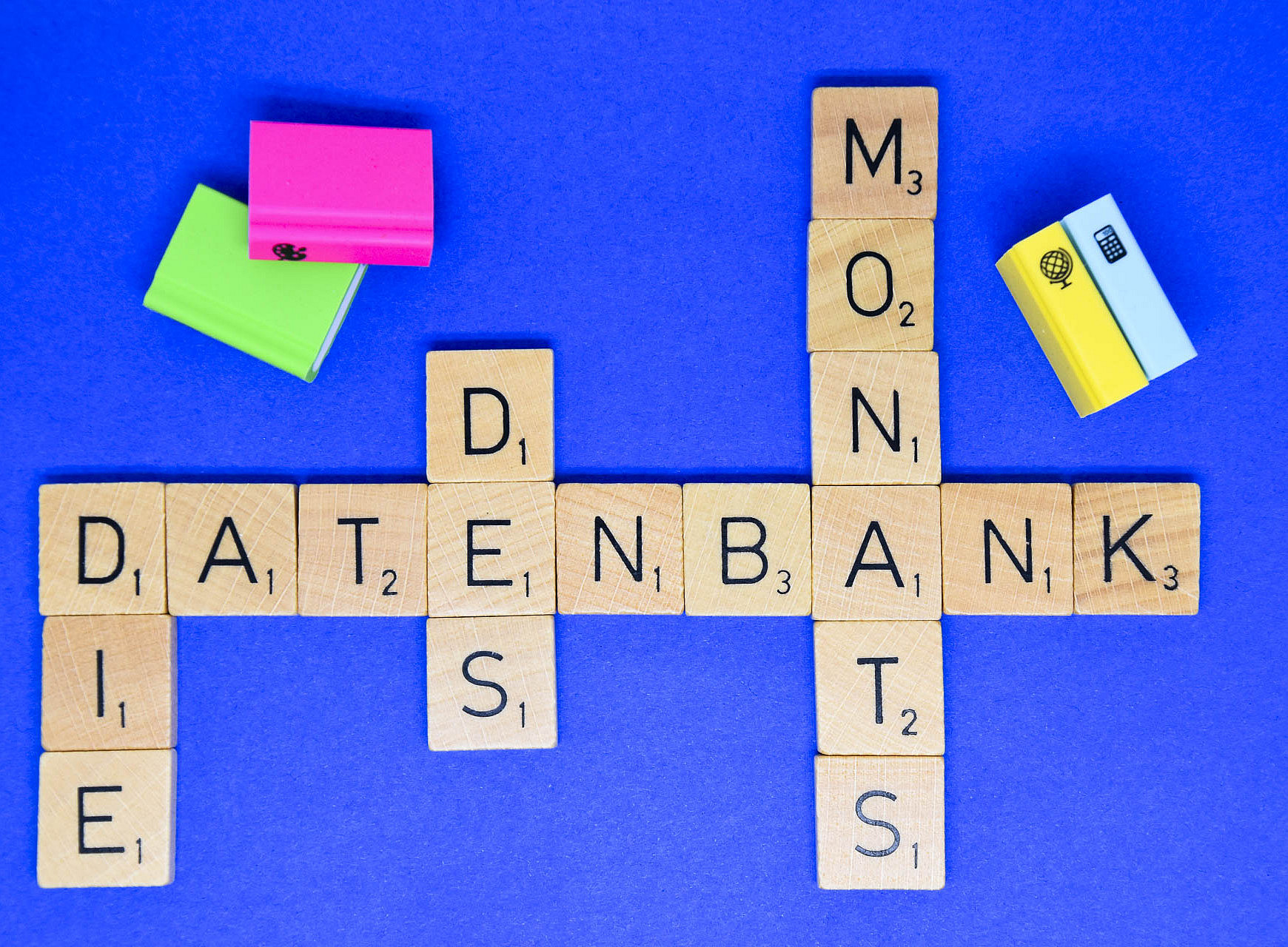The image archive, Prometheus, offers high-quality digitised images from art, culture and history. The spectrum ranges from sculpture, illustrations and architecture to videos, prints, installations, painting, arts and crafts, documents, frescoes, textiles and other design objects.
Prometheus brings together image and media databases from a wide range of institutions. The common interface allows you to:
- search over 3 million images
- create collections: compile suitable images by theme
- select and organise images for presentations
- find information on image rights for your publications
- research: searching, collecting, annotating, linking images and labelling motifs
The context-sensitive help pages offer, among other things:
- search tips for simple and advanced searches and selecting a database
- numerous design and application options for customised image collections
- instructions for creating presentations
The blog provides interesting facts, information about new features and insights into the work of the Prometheus team.
The Open Access tab lists the databases that are free to use.
Information on image rights and the use of images:
As the database offers images from various institutions, the terms of use to be observed can vary according to the rights holder.
The images collated in Prometheus may only be used free of charge and without consultation for research and teaching. You must contact the rights holder for any further use, such as for publications. Detailed legal information and contact details are provided for each image under the § icon. An icon with an asterisk - §* - indicates a direct link to get authorisation for publication.
There is also a page detailing the legal framework conditions for the use of copyright-protected data in research and teaching or in publications. The distinction between the rights to the artwork and the rights to a photograph of the artwork is also explicitly pointed out here.
The library licences the database for the University of Graz. It is accessible via the search portal unikat and the database information system DBIS. Please note both the library and the publisher’s terms of use.
The database is accessible from anywhere on campus, and university members can also access it remotely via VPN. Please note: If profiles appear in the VPN drop-down menu, please select Universitaetsbibliothek. If not, please enter https://univpn.uni-graz.at/ub in the VPN address field.
Have you discovered our video tutorials on unikat, literature research and literature management? We also offer training courses during the semester. You can find more information under Support & Courses.
If you have any questions about this database, please contact ub.zeitschriften(at)uni-graz.at.
